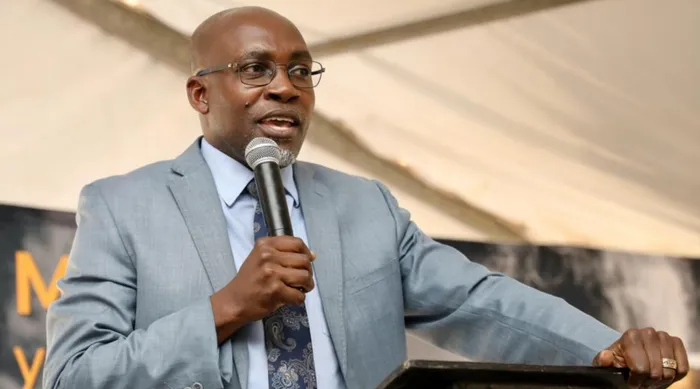22 beaches open and safe for swimming, mayor announces

On Wednesday eThekwini Municipality Mayor Mxolisi Kaunda announced that most of Durban beaches are now open to the public. He assured residents that the ocean is safe to swim in and it will be constantly monitored to ensure people’s safety.
At a press conference held on Wednesday November 2 at the Kingsburgh Wastewater Treatment Works in Durban, mayor Mxolisi Kaunda announced that 22 of the city’s beaches were open and safe for swimming, with only Warner Beach still closed.
The mayor said they had recently closed beaches after the Natal Sharks Board advised the city to do so.
“This was because of murky water, full of logs and unsafe objects due to the heavy rains that resulted in severe flooding. The downpour caused shark nets at most beaches to break, making beaches unsafe for bathing. In addition to this, the public is reminded that the municipality is constantly monitoring the water quality at all beaches to ensure the safety of residents and tourists,” said Mr Kaunda.
He added that the municipality had started the process of joint sampling of beach water quality with Adopt-a-River. This is a non-profit organisation whose samples are tested by an independent laboratory, Talbot. The joint sampling is to enable credible comparison of test results in the interests of transparency and public safety. Mr Kaunda reassured residents and visitors that when they visit Durban during the festive season, they will find the beaches open and safe for swimming.
He updated the media on the progress made in repairing some of the sewer pump stations which have been responsible for polluting beaches. Currently the city has a dedicated technical team that meets regularly to analyse the water quality reports from the beaches, said Mr Kaunda.
“The team also constantly monitors our pump stations and ensures that all pending technical glitches are identified and resolved speedily. We are pleased that the Ohlange, Kingsway and Warnerdoone pump stations are now fully operational which has resulted in most beaches in the north and south being opened for swimming,” he added.
As a coastal city, eThekwini experiences floods which affect the functionality of water and sanitation infrastructure. As a proactive measure to ensure that infrastructure is not adversely affected, the municipality has set aside over R6 million over the next six months for the dredging of pond sludge at various wastewater treatment facilities, Mr Kaunda noted.
“This proactive maintenance work is essential in preventing the pollution of the adjacent rivers and seas, where our wastewater treatment plants are discharging treated effluent,” he said.
“Dredging activities have already commenced at Kingsburgh, and similar initiatives at other wastewater treatment plants are set to begin soon.”